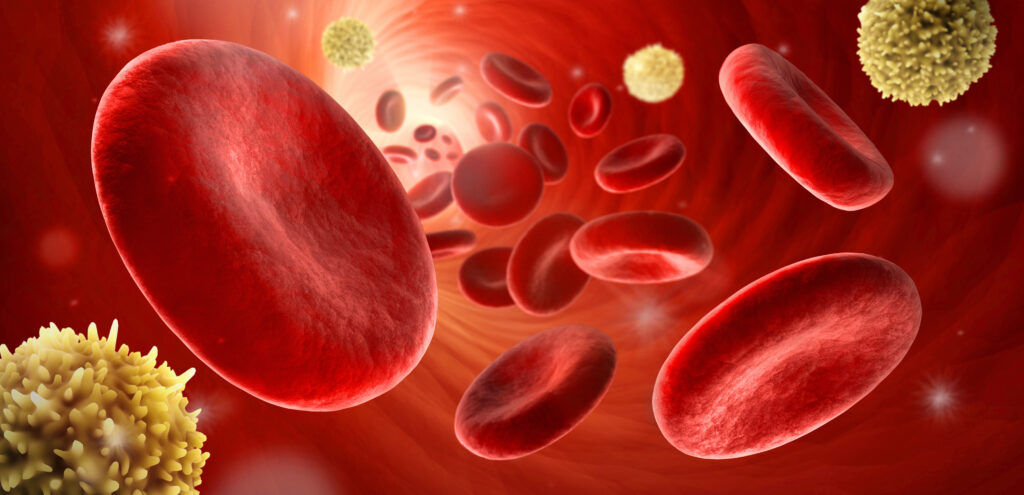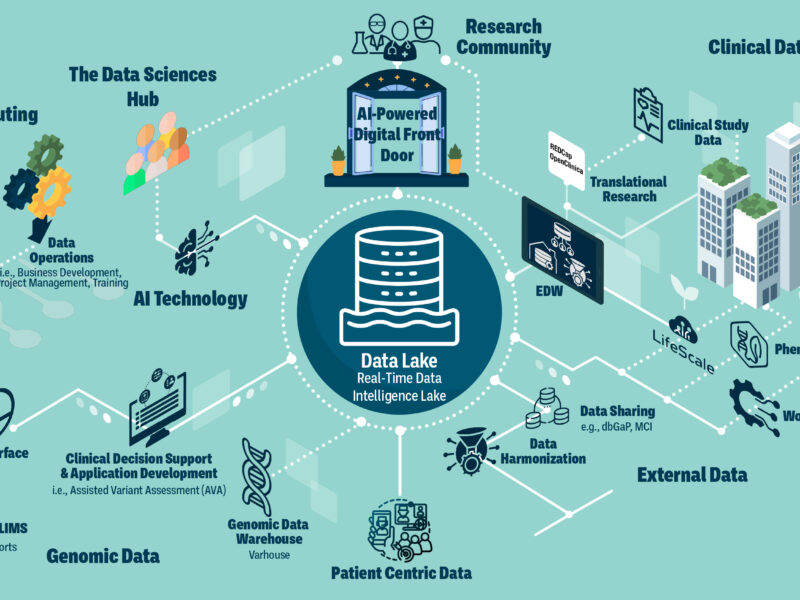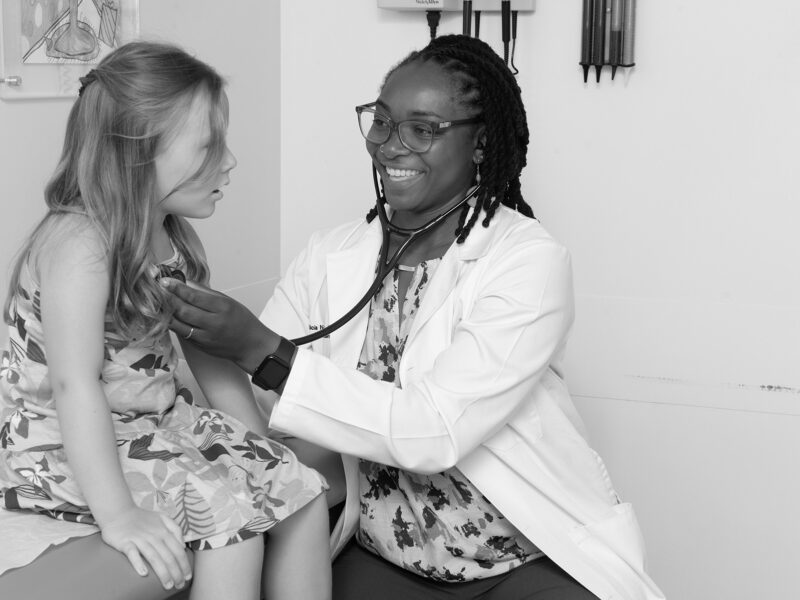Hemophilia Gene Therapy Trials Aim to Reduce Patient Burden
Hemophilia Gene Therapy Trials Aim to Reduce Patient Burden https://pediatricsnationwide.org/wp-content/uploads/2021/03/AdobeStock_104113030-1024x495.jpg 1024 495 Katie Brind'Amour, PhD, MS, CHES Katie Brind'Amour, PhD, MS, CHES https://pediatricsnationwide.org/wp-content/uploads/2021/03/Katie-B-portrait.gif- June 03, 2020
- Katie Brind'Amour, PhD, MS, CHES

Clinical trials using gene therapy to boost the body’s production of clotting factor aim to remove the need for regular infusions — ideally giving patients years or even decades free from daily worry about their condition.
Unlike most pediatric treatment centers, Nationwide Children’s Hospital is one of only a few dozen sites worldwide selected to host three new hemophilia gene therapy clinical trials for adults. The large young adult population at the Hemophilia Treatment Center at Nationwide Children’s, coupled with the hospital’s research infrastructure and experience administering gene therapy trials (in neuromuscular disorders), made it an ideal location for one Freeline and two Biomarin studies.
Hemophilia is a congenital bleeding disorder caused by lack of clotting protein 8 (hemophilia A) or 9 (Hemophilia B). Patients with severe hemophilia require frequent, life-long intravenous infusions of clotting factor concentrate to protect them from bleeding.
The trials each aim to boost patients’ natural production of clotting factor, so that patients produce normal or near-normal levels without regular medication infusions. The Biomarin trial currently underway for patients with hemophilia A will last at least five years. In the first year, visits and lab tests occur up to weekly. The other two trials, which are expected to launch shortly, will have similar requirements.
“It’s amazing what a lot of these young men have been willing to do for their community,” says Amy Dunn, MD, director of hematology and the Hemophilia Treatment Center at Nationwide Children’s. Because severe hemophilia is so rare in females, women are not currently involved in the trials. “I can’t stress how important it is having engaged and knowledgeable patients. We spend a lot of time during regular care visits talking about new therapies, because I want patients and families to be able to make informed choices when the opportunity to participate arises.”
Despite their readiness, Dr. Dunn harbors some concerns over what the current COVID-19 pandemic might mean for enrolment and patients’ ability to travel to take part. The immunosuppression required for some of the trials may also increase concerns over safety and could delay start dates for the two trials not yet underway.
“For these types of trials, you need clinicians who can dedicate a significant amount of time to the patients receiving gene therapy,” says Dr. Dunn. “The studies involve a lot of visits, lab tests and moving parts — it’s not as simple as getting an infusion and walking out the door. The hospital system needs to be equipped to handle viral vectors and must have a robust clinical research infrastructure in place to follow the patients and make sure they are safe.”
COVID-19 could add to the follow-up burden, but Dr. Dunn is optimistic that at least one of the trials will produce a safe, effective therapy that will gain FDA approval.
It’s unclear at this point whether the FDA will decide to require pediatric trials for an approved gene therapy. Even if they do, it is unclear how many parents would allow their children to take part in a trial or receive the therapy.
“Some parents would be early adopters, eager to try a gene therapy trial or treatment for their child,” says Dr. Dunn. “There are other families that would much prefer to wait it out until it’s been studied longer or their child is an older teen, and then there are some families that would never feel comfortable transitioning off of the traditional medications they are on.”
At Nationwide Children’s, most participants are local, but patients may also receive the initial infusion at Nationwide Children’s and return to their regular providers for follow-up visits and monitoring.
Other study sites can be identified through ClinicalTrials.gov (Identifiers: NCT03370913, NCT03369444).
About the author
Katherine (Katie) Brind’Amour is a freelance medical and health science writer based in Pennsylvania. She has written about nearly every therapeutic area for patients, doctors and the general public. Dr. Brind’Amour specializes in health literacy and patient education. She completed her BS and MS degrees in Biology at Arizona State University and her PhD in Health Services Management and Policy at The Ohio State University. She is a Certified Health Education Specialist and is interested in health promotion via health programs and the communication of medical information.
-
Katie Brind'Amour, PhD, MS, CHEShttps://pediatricsnationwide.org/author/katie-brindamour-phd-ms-ches/April 27, 2014
-
Katie Brind'Amour, PhD, MS, CHEShttps://pediatricsnationwide.org/author/katie-brindamour-phd-ms-ches/April 27, 2014
-
Katie Brind'Amour, PhD, MS, CHEShttps://pediatricsnationwide.org/author/katie-brindamour-phd-ms-ches/April 27, 2014
-
Katie Brind'Amour, PhD, MS, CHEShttps://pediatricsnationwide.org/author/katie-brindamour-phd-ms-ches/April 28, 2014
- Post Tags:
- Hematology/Oncology/BMT
- Research







